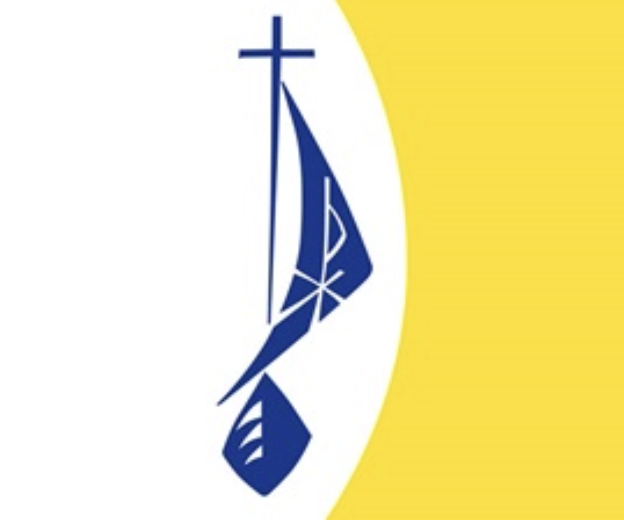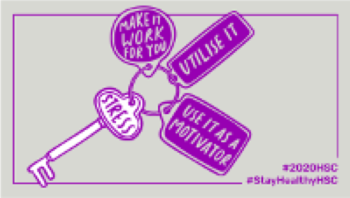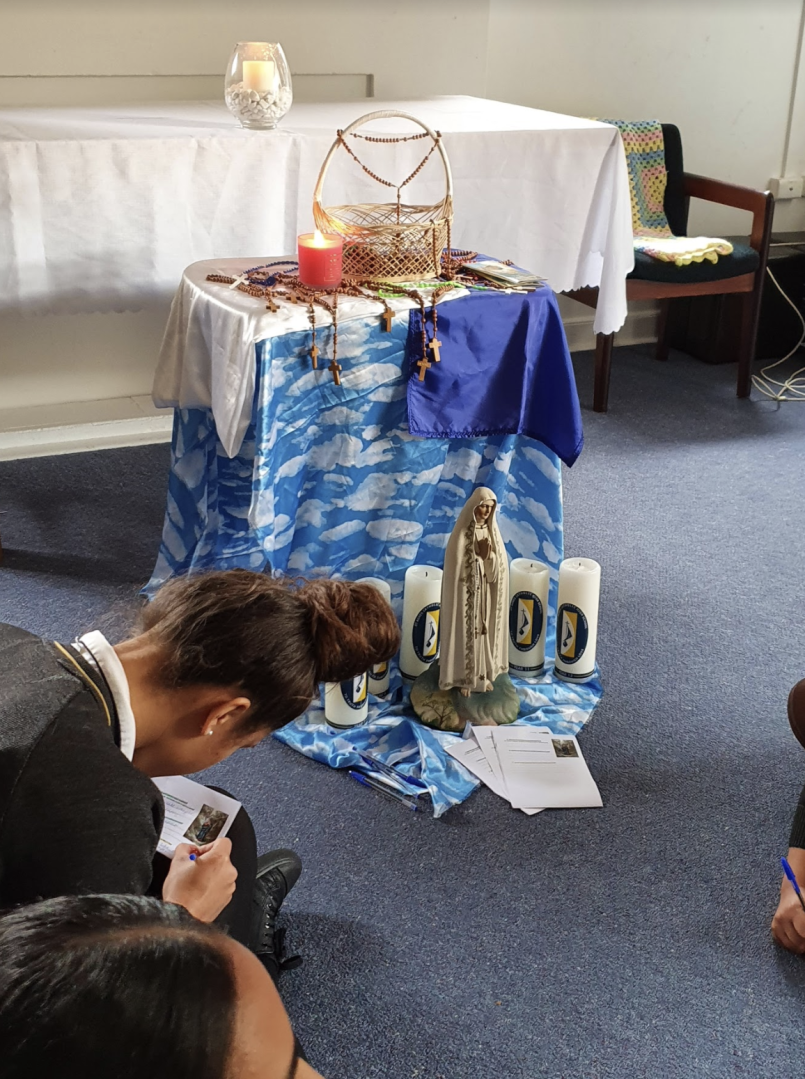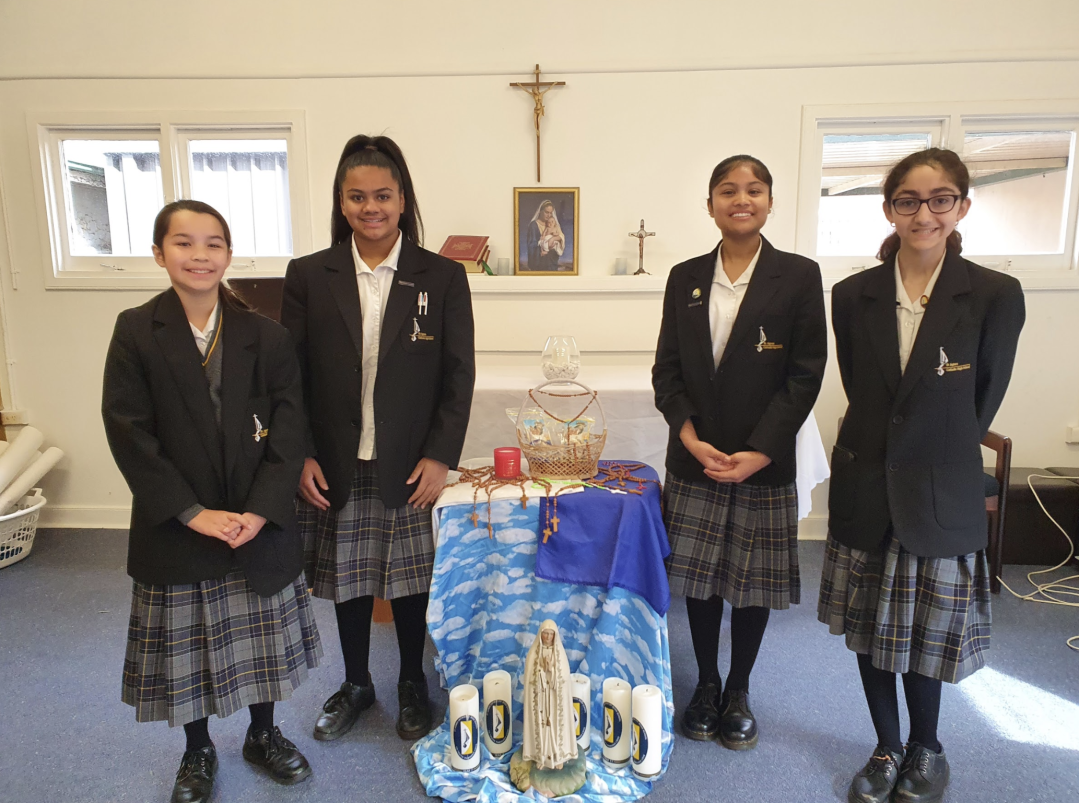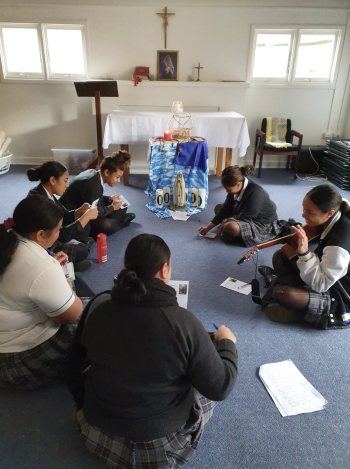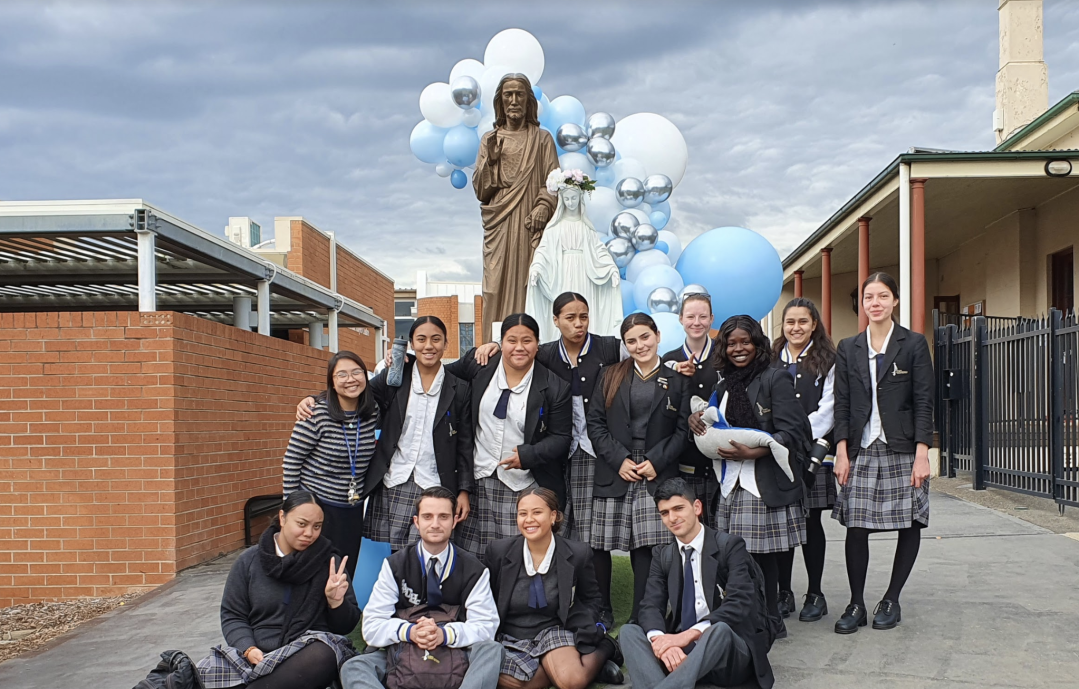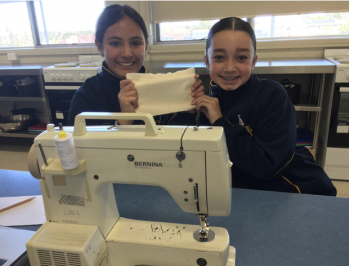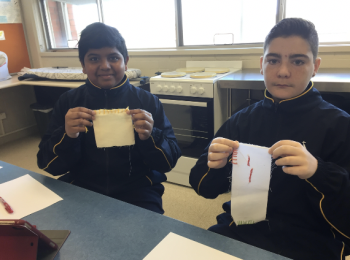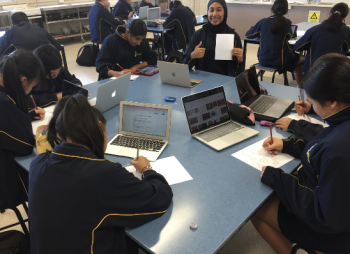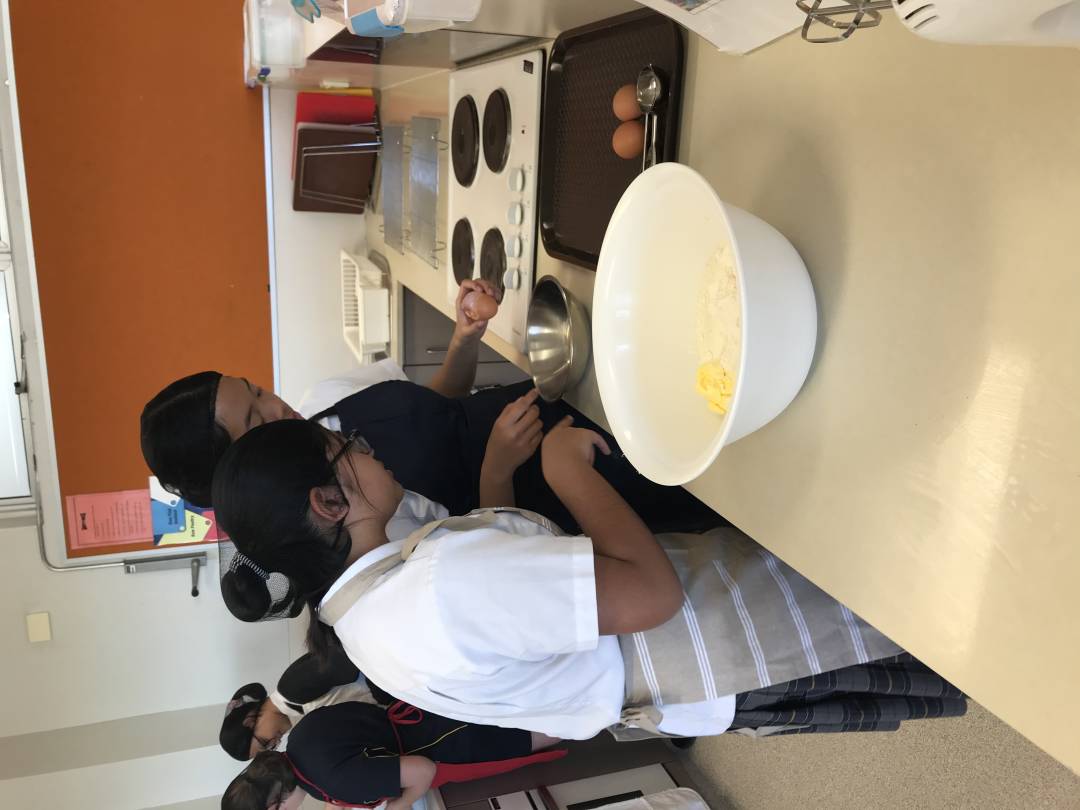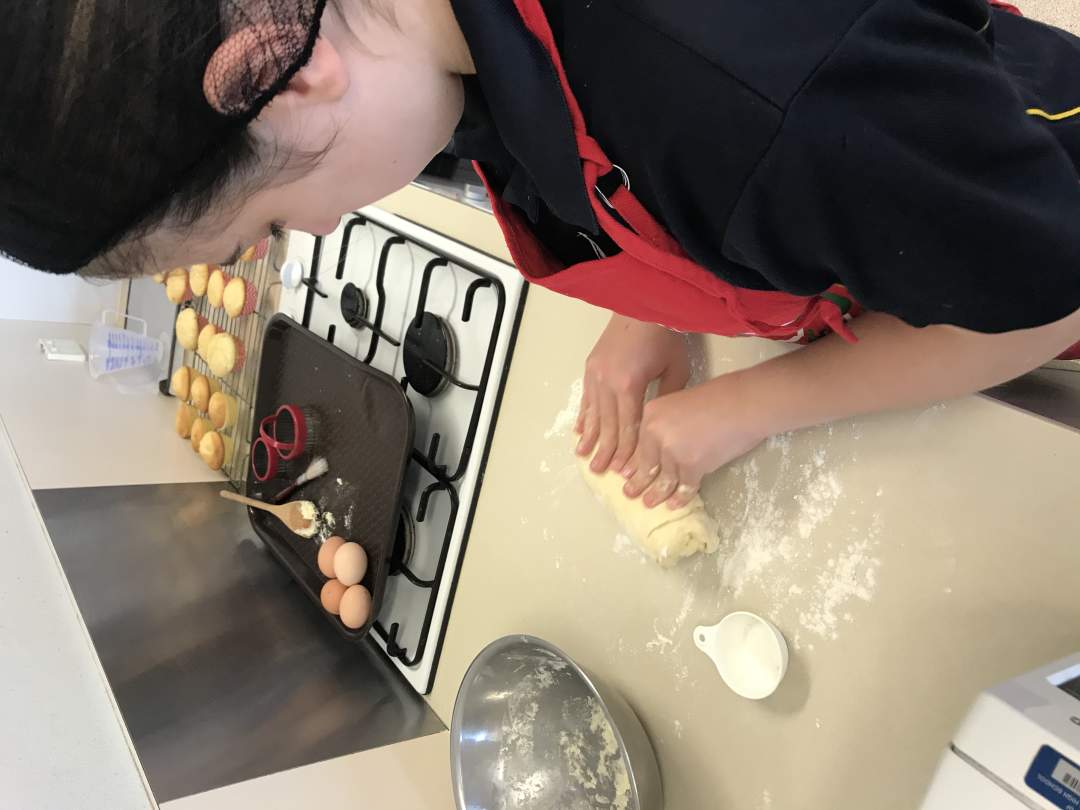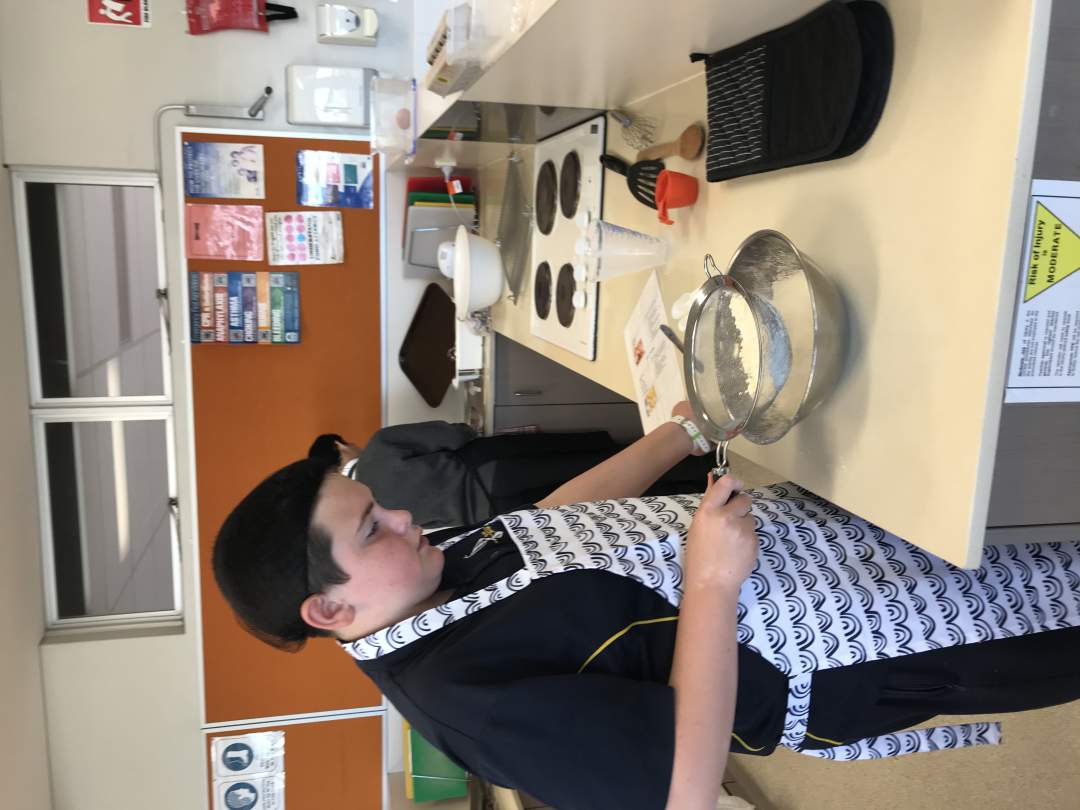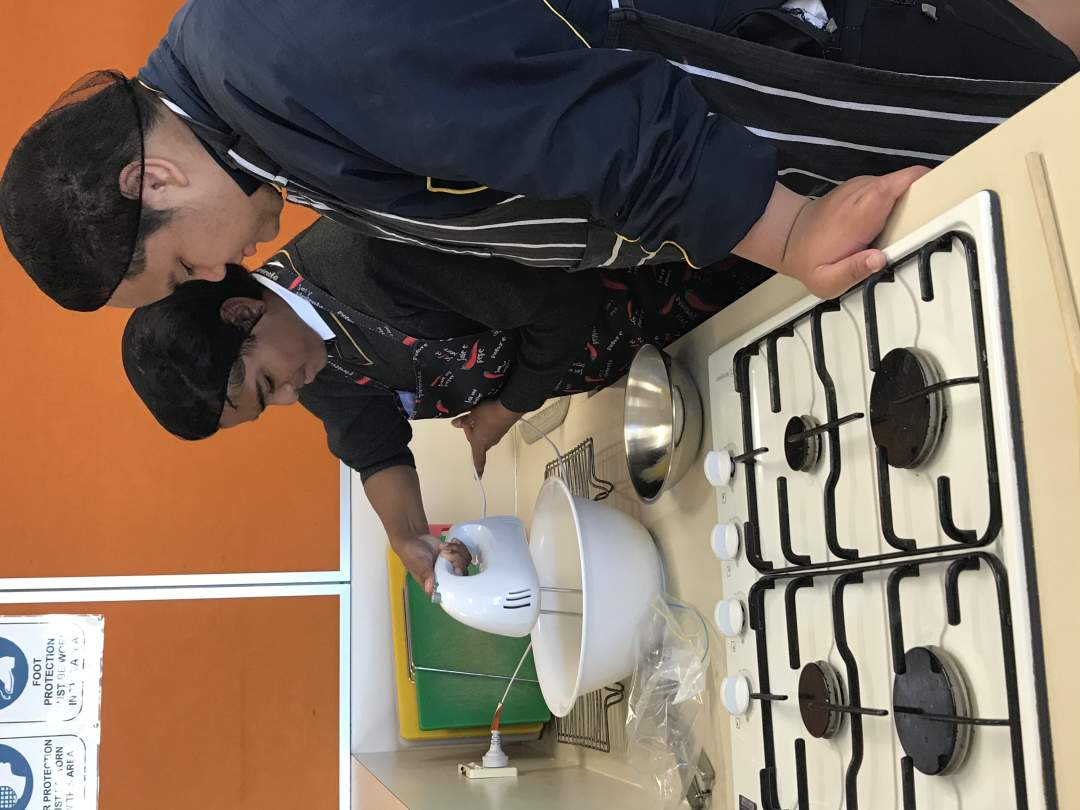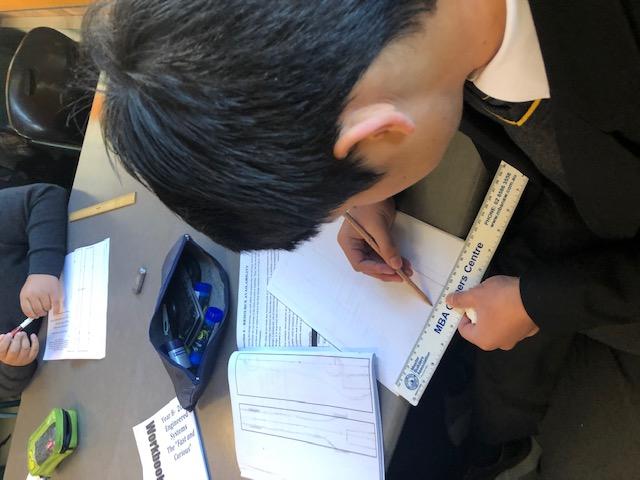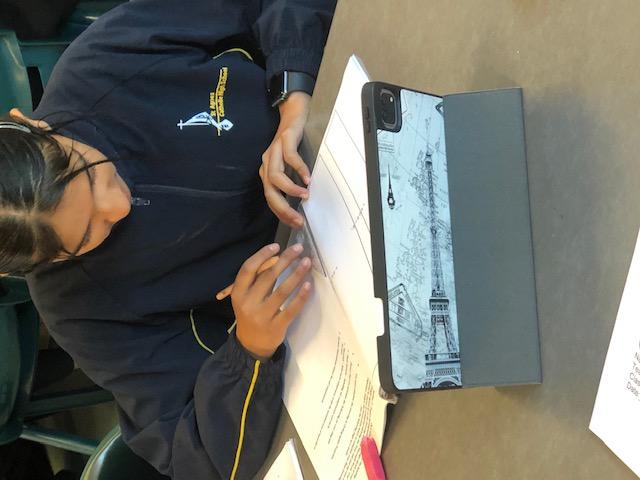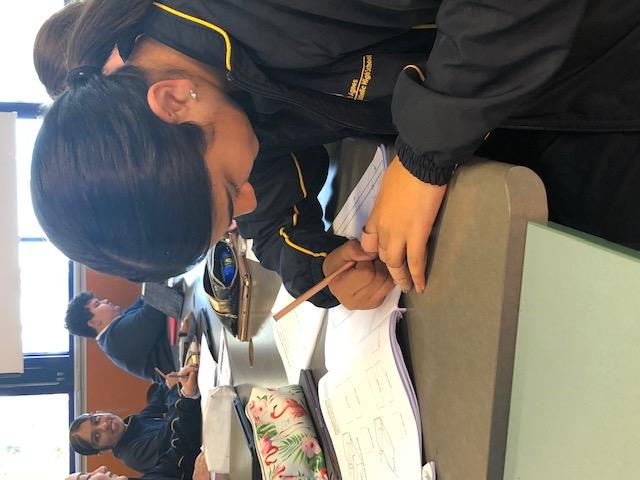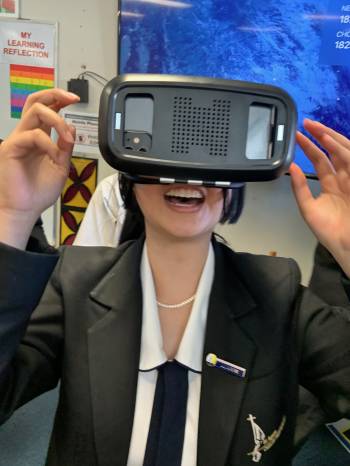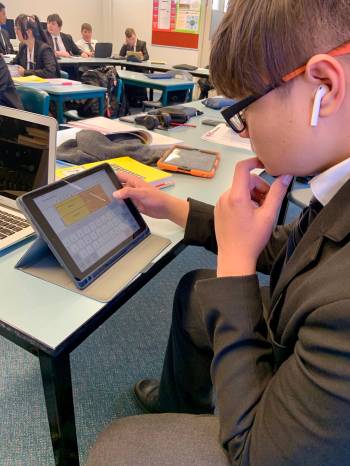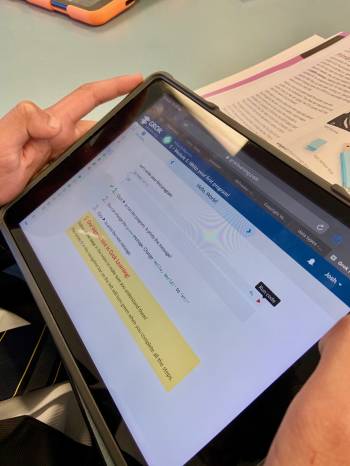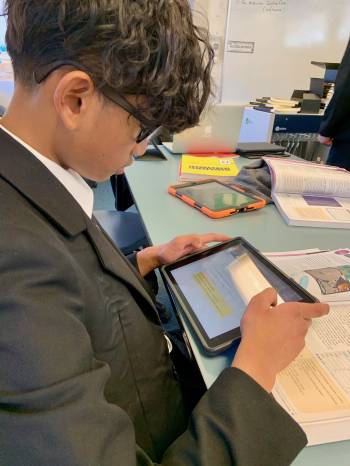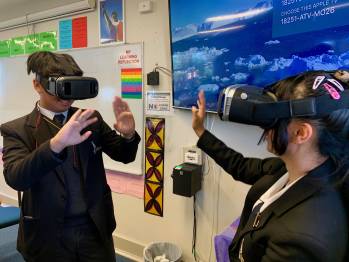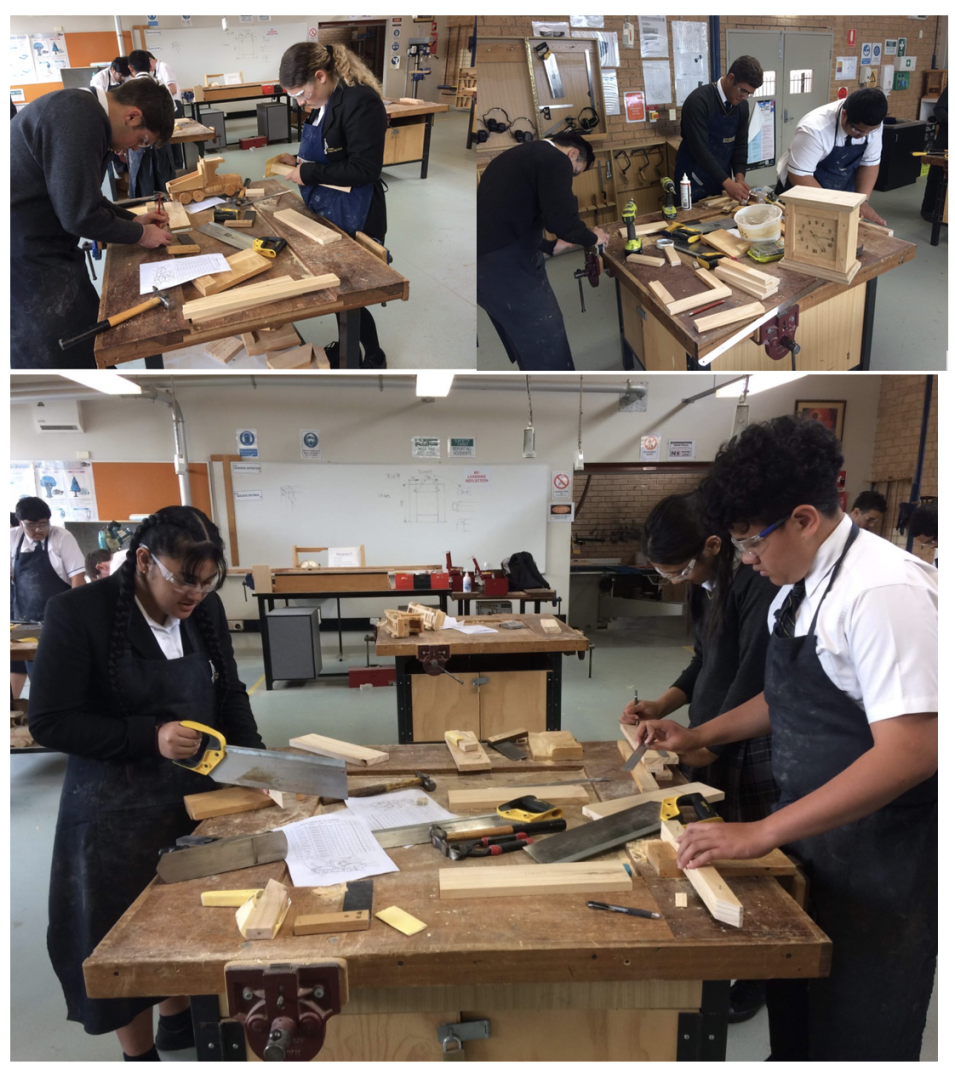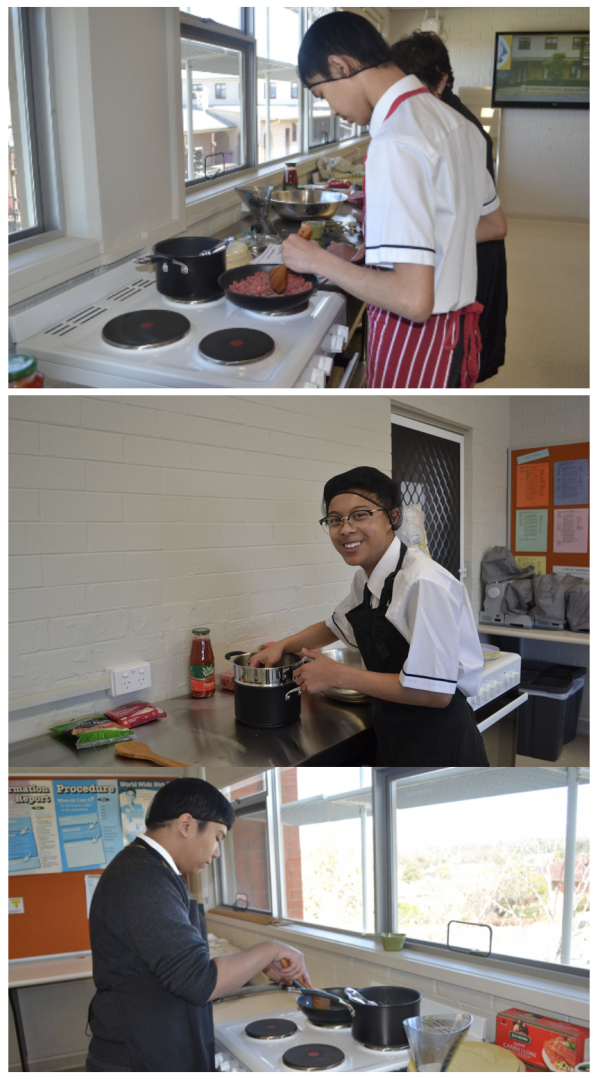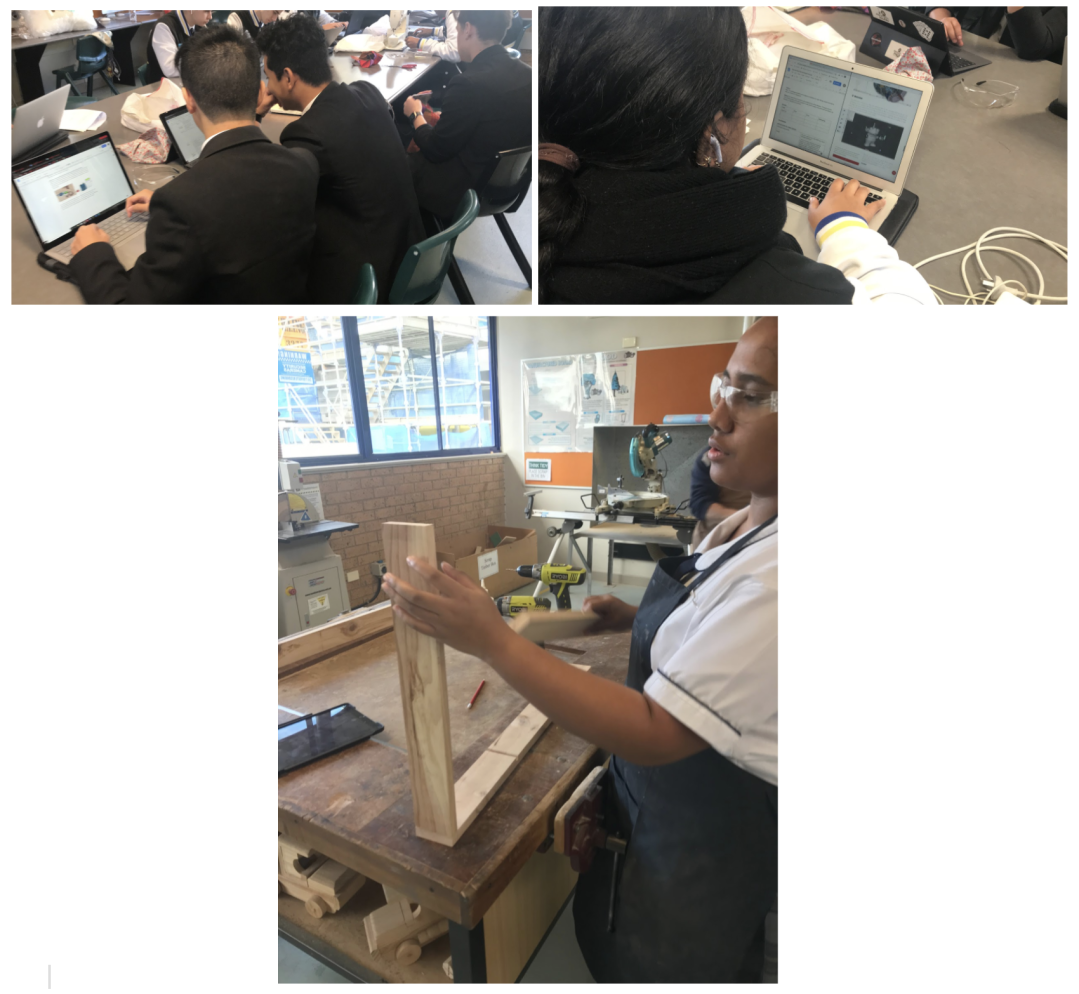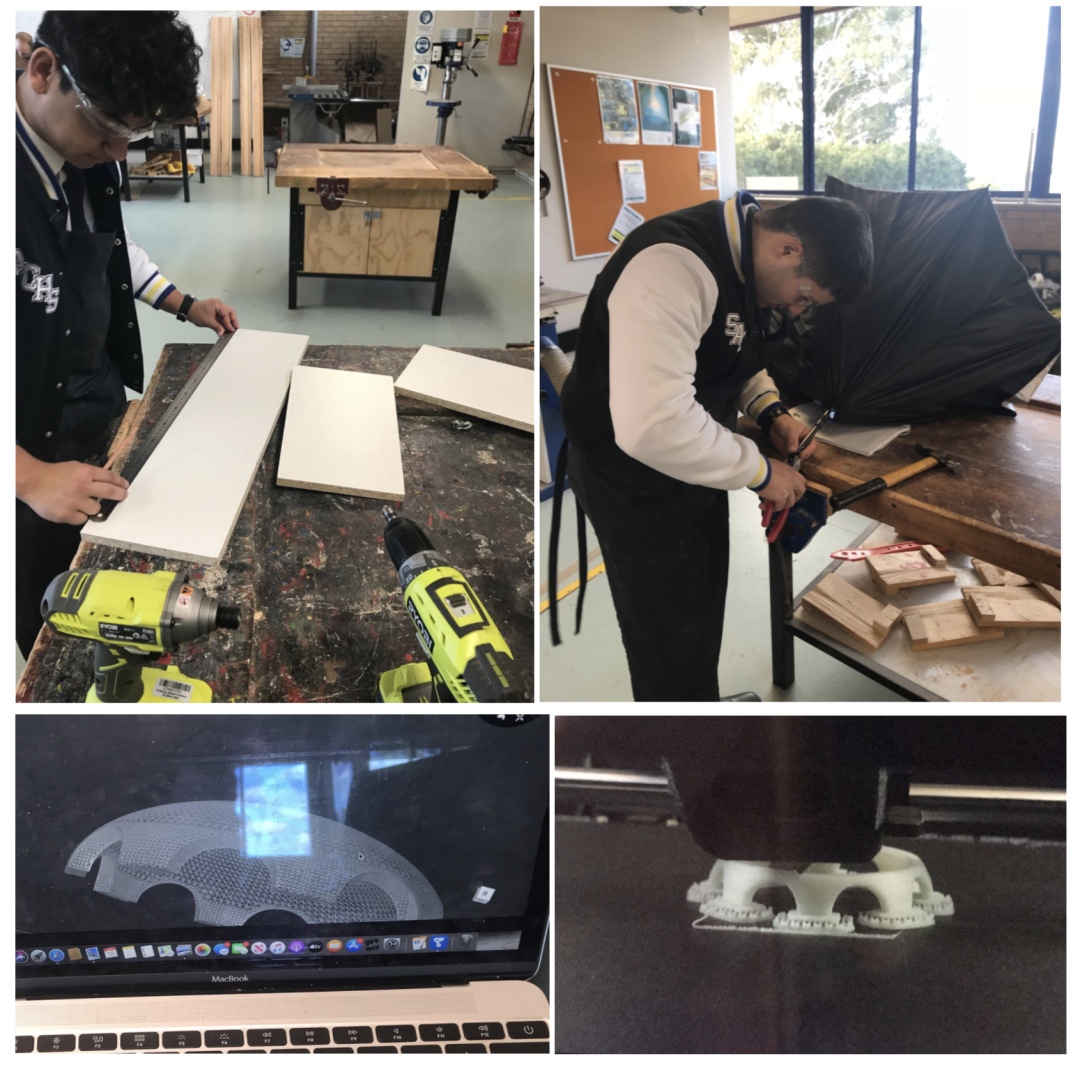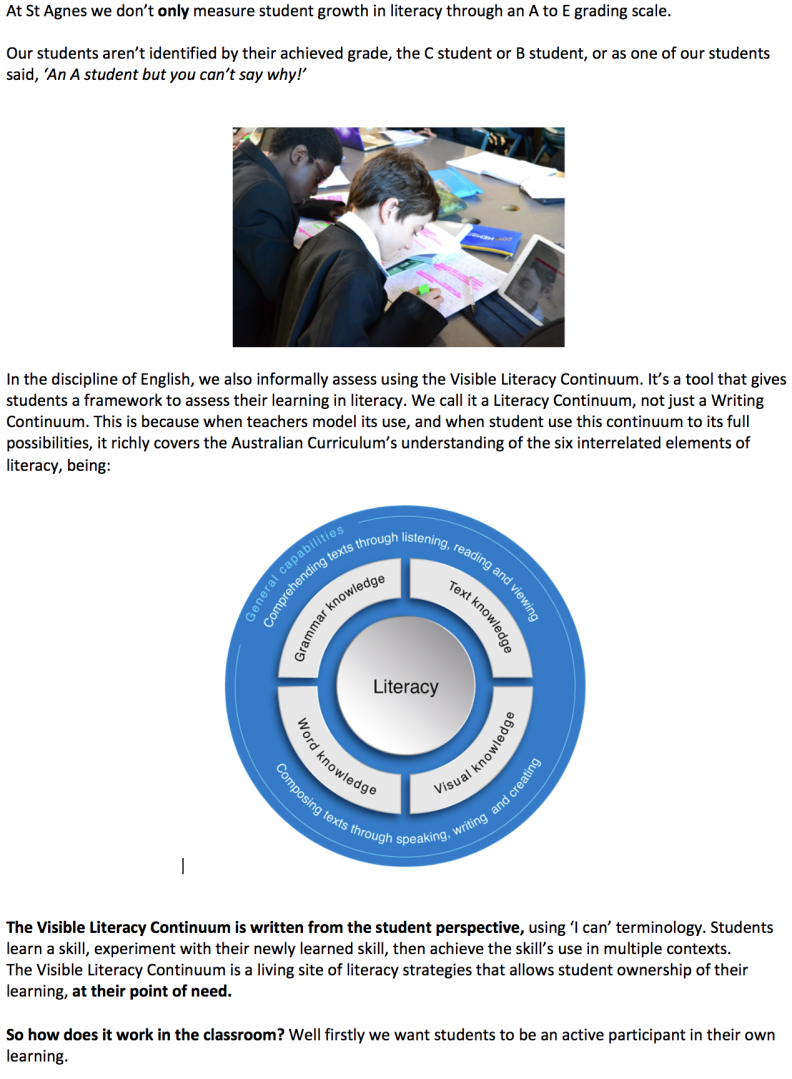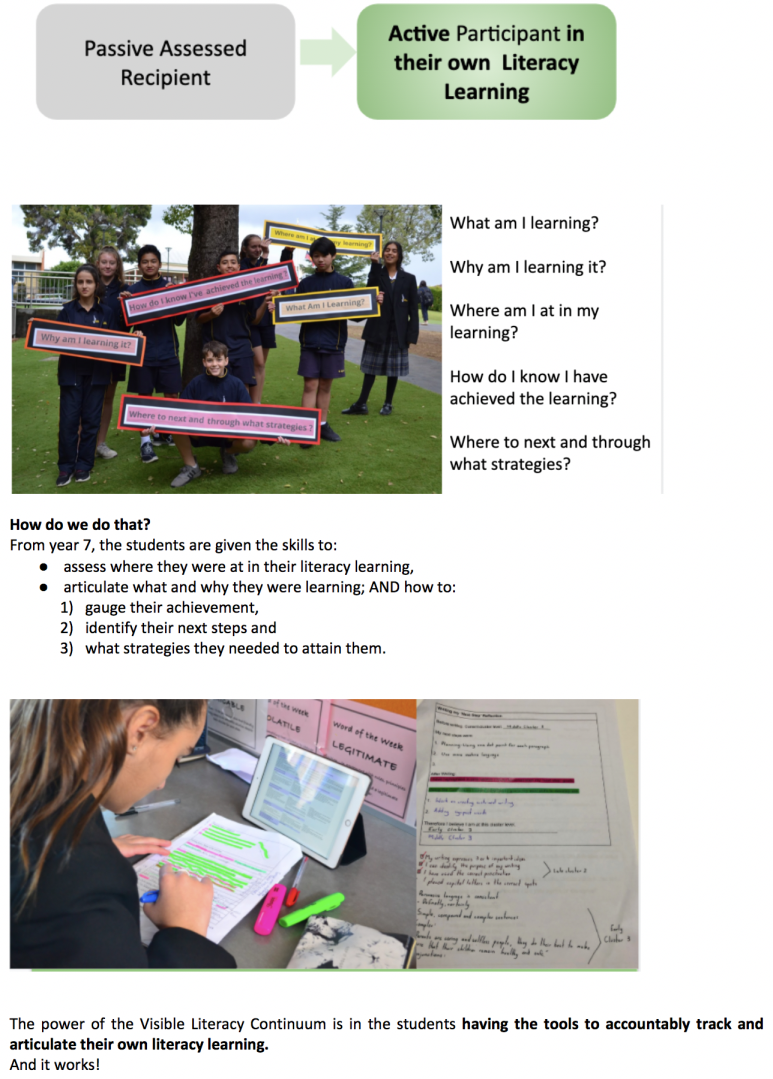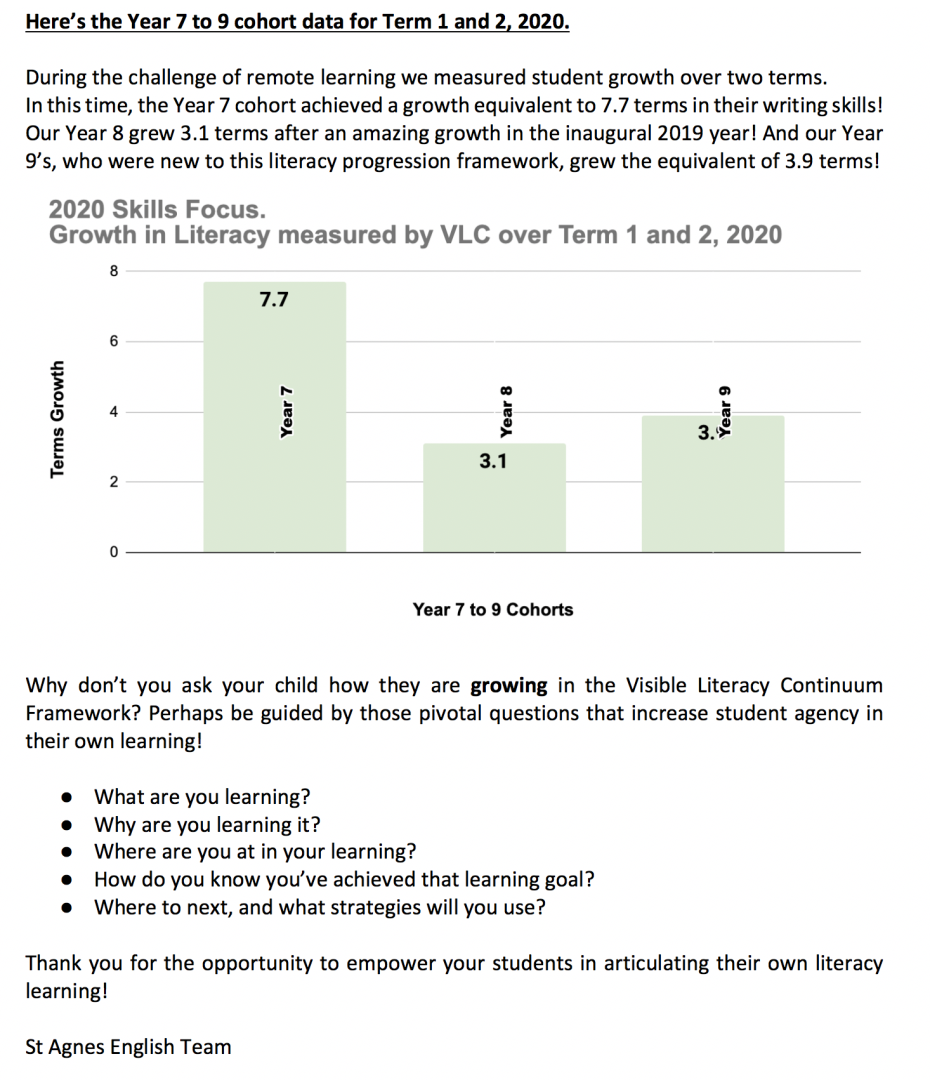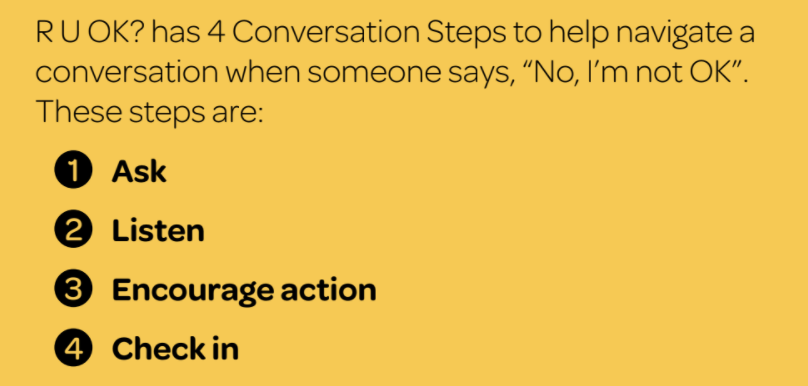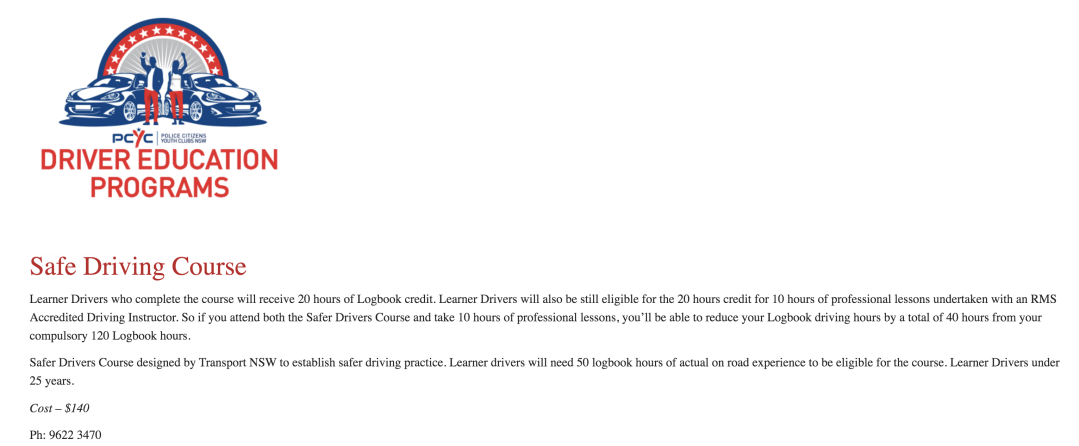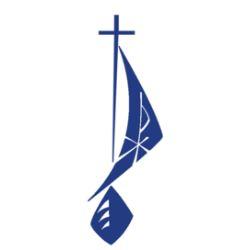Complaints will be addressed according to the Complaint Handling Guidelines in a professional, competent and timely manner.
SCOPE AND APPLICATION
These guidelines apply to parents/guardians, students, visitors, volunteers, community members, employees and contractors of the Catholic Education Diocese of Parramatta, except where issues are dealt in accordance with*:-
· Suspension, Transfer, Expulsion, Exclusion Procedures 2012
· Child Protection – Risk of Harm and Significant Harm and /or Allegations
· Relevant CEO discipline procedures for employees (for serious complaints involving allegations of misconduct/unsatisfactory performance by employees)
· Enterprise Agreements/Awards
· Anti-Bullying Policy for Students 2005
· Criminal Jurisdiction
Generally, student complaints will be processed through school based procedures relating to pastoral care or student management. The Catholic Education Office Complaint Handling Procedures may be used in matters assessed as more serious in nature and involving an adult as one of the parties (e.g. a complaint by a student against a teacher, teacher against a student, or by a parent on behalf of their child).
Complaints relating to the areas of discrimination, harassment and bullying are dealt with according to these guidelines with reference to the Countering Discrimination, Harassment and Bullying Policy (2010).
COMPLAINT OPTIONS
There are informal and formal options for making and resolving complaints. The aim is to resolve most complaints informally where appropriate.
Assessment of a complaint is an important step in determining how a complaint will be handled.
INFORMAL COMPLAINTS
Making an informal complaint
Wherever possible, complaints should be raised directly with the person concerned (unless this person is a child, in which case, it is usually more appropriate to contact the relevant teacher or member of the School Executive). Approaching the person who may be the cause of the complaint and letting them know the impact of their actions may be the most appropriate action. This provides the person with an opportunity to stop or change what they are doing and/or explain their actions.
Informal complaints may be received in a number of ways, including face-to-face contact, email, letter or phone.
Completion of the Complaint Form is optional for informal complaints although all complaints should be recorded.
COMPLAINT OPTIONS FOR RESOLVING INFORMAL COMPLAINTS
Resolving a complaint informally requires that parties identify the issues concerning their complaint and agree on a resolution.
Informal options for resolution include:
Self-resolution – handle the issue personally
Assisted resolution – seek resolution with the help of a colleague, support person, school principal or team leader. Employment Relations may assist in some circumstances.
FORMAL COMPLAINTS
Making a formal complaint
A formal complaint may be made when:
· a complaint cannot be resolved informally
· where you cannot approach the person directly or remain dissatisfied with their response
· the seriousness of the issue warrants a higher level of formality
Options for resolving formal complaints
Formal options for resolving formal complaints are:
· Intervention - developing a solution or agreement through discussion or correspondence with the parties.
· Investigation Procedure – investigation procedure is used for a complaint relating to an alleged serious breach of legislation, policy or procedure.
· Mediation – a structured process conducted by a trained mediator aimed at resolution between the parties concerned.
· System Improvement Procedure – used for a complaint that is about policies, procedures or systems rather than a person.
COMPLAINT INTAKE
All formal complaints are to be put in writing using the Complaint Form. For informal complaints, a record of the complaint will be retained at the school or workplace.
For school related matters, the form will be forwarded to the School Principal. If the complaint relates to a principal, the form should be forwarded to the relevant Director System Performance.
Complaints received by the Community Liaison Officer, Catholic Education Office will be logged, and forwarded as appropriate to the relevant Director System Performance.
Complaints relating to system policies or practices, or complaints that are perceived to have remained unresolved will be forwarded to a Director System Performance.
Complaints relating to the Executive Director of Schools should be forwarded to the Bishop, Diocese of Parramatta.
APPOINTMENT OF AN INVESTIGATING OFFICER
A school principal, Team Leader, Director System Performance or Executive Director of Schools may determine and appoint an investigating officer for a complaint. When required, Employment Relations can provide further advice relating to the investigation process.
The investigating officer is responsible for assessing, planning and managing the process concerning the allegations. The investigating officer will:
· assess if there is any conflict of interest
· plan and implement an investigation process
· complete report with findings to the complaint handler
The complaint handler will:
· communicate with all parties, including the outcome of a complaint process
· take action concerning the findings of the investigation
· refer issues requiring system improvement to the relevant Director
NATURAL JUSTICE AND PROCEDURAL FAIRNESS
The principles of natural justice apply to all complaints.
Natural justice is also known as procedural fairness and applies in situations where a decision could potentially have a detrimental effect on the rights, interests or legitimate expectations of a person.
Procedural fairness requires that:
1. The respondent is heard
2. The decision is not biased
3. The decision is based on relevant and reliable evidence
It is also important that complaints are dealt with in a timely manner and parties advised of the reason for any delays.
Where an anonymous complaint is lodged, no action will be taken unless the allegation is reportable conduct and action must be taken in accordance with the NSW Ombudsman’s Act.
CONFIDENTIALITY
To maintain confidentiality in so far as that is reasonable all participants in the process, particularly the Complaint Handler, should restrict the information about the complaint to those who need to know.
All participants in the process also need to be informed of the importance of confidentiality and also that unfair repercussions or victimisation in any form is unacceptable and if evident could result in disciplinary action.
ACCESS TO SUPPORT
The person who made the complaint and the respondent may access support. If meetings with the parties are held, the parties may have a support person present.
Students under the age of 18 who make a complaint are to be offered the support of an adult support person. This may be a parent, guardian, teacher or other significant person.
Guidelines for dealing with complaints may be adapted according to such considerations as the age of students, English competency and disability (for example, assistance may be given completing the Complaint Form).
Decisions on appropriate remedies involving students will consider their age and involvement of, and consultation with, parents/guardians.
Remedies for substantiated complaints may include:
• A written apology and/or a summary of action to be taken
• Counselling and support
• Mentoring
• Ongoing monitoring of behaviour
• Facilitated/mediated resolution
• A formal agreement
Mr Ken Wolffe
Assistant Principal

